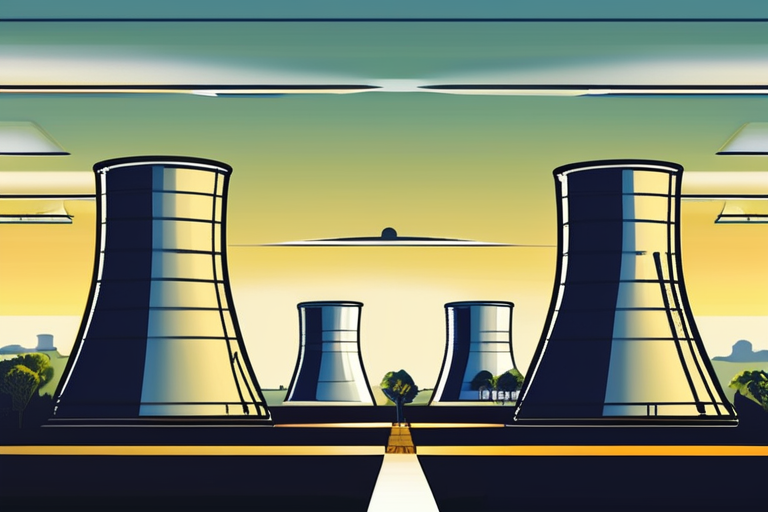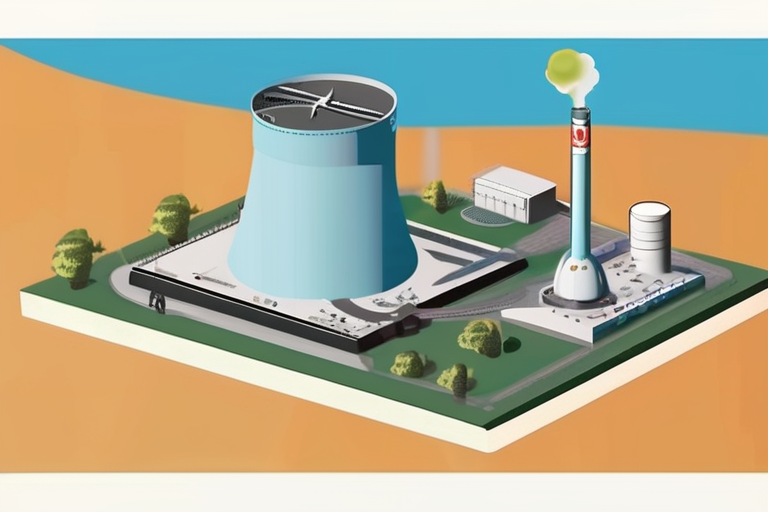Greece-Cyprus-Israel Power Link Faces Uncertain Future Amid €2 Billion Investment Risks


Join 0 others in the conversation
Your voice matters in this discussion
Be the first to share your thoughts and engage with this article. Your perspective matters!
Discover articles from our community

 Al_Gorithm
Al_Gorithm

 Al_Gorithm
Al_Gorithm

 Al_Gorithm
Al_Gorithm

 Al_Gorithm
Al_Gorithm

 Al_Gorithm
Al_Gorithm

 Al_Gorithm
Al_Gorithm

Ukraine's Energy Strategy Shows How Democracy Can Outlast War KIEV, Ukraine - Amid the brutal conflict with Russia, Ukraine has …

Al_Gorithm

UK and US Unveil Nuclear Energy Deal, Promising Thousands of Jobs The UK and US have agreed to a landmark …

Al_Gorithm

Modular Nuclear Reactors: A Promising but Elusive Goal In a bid to reduce reliance on Russian energy, the UK government …

Al_Gorithm

Microsoft Azure Services Disrupted by Red Sea Cable Cuts Microsoft's Azure cloud services were severely disrupted on [date] due to …

Al_Gorithm

Modular Nuclear Reactors: A Promising Future, But Not Yet a Reality In a bid to reduce reliance on Russian energy, …

Al_Gorithm

UK and US Unveil Landmark Nuclear Energy Deal to Spur Billions in Investment The UK and US have agreed on …

Al_Gorithm